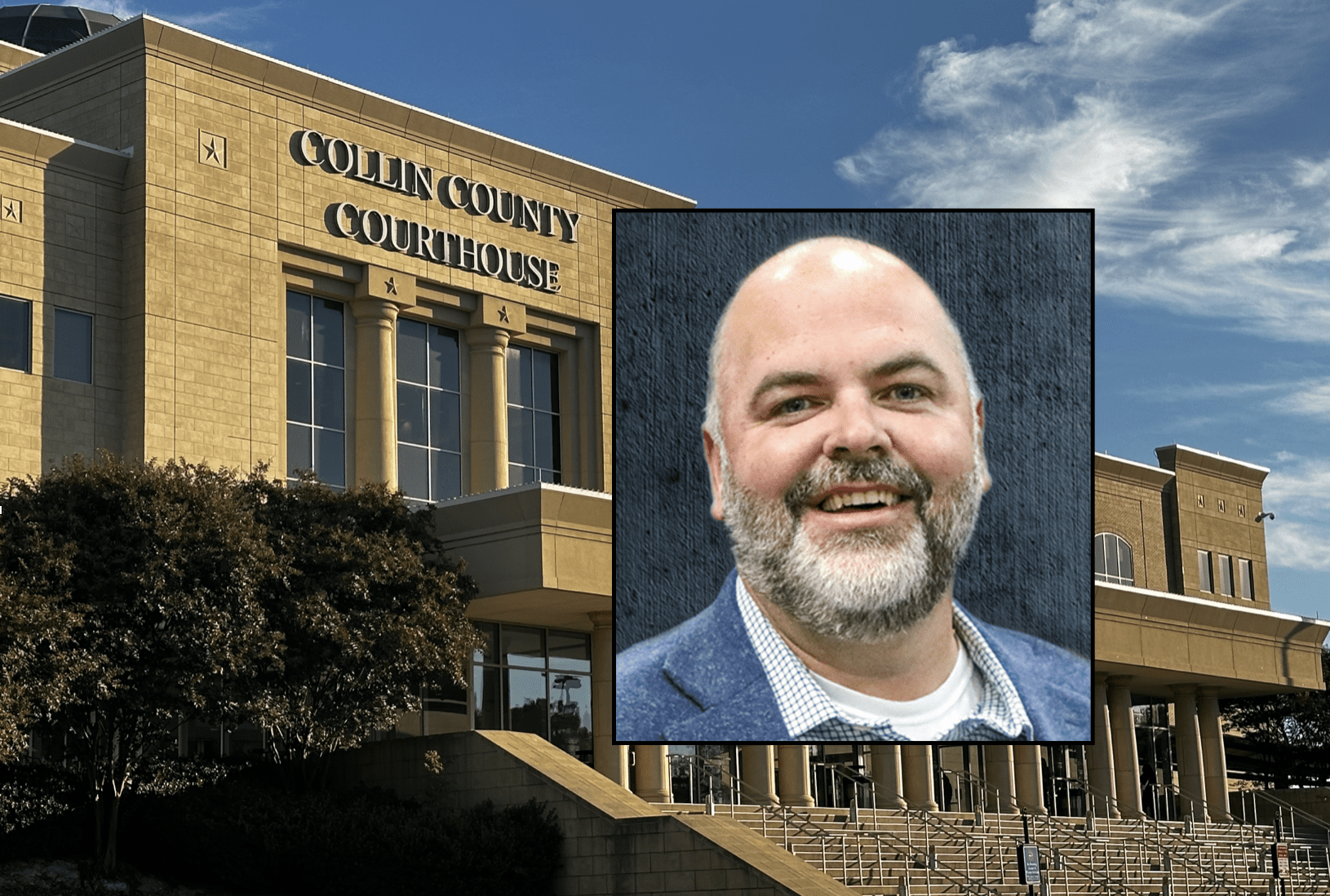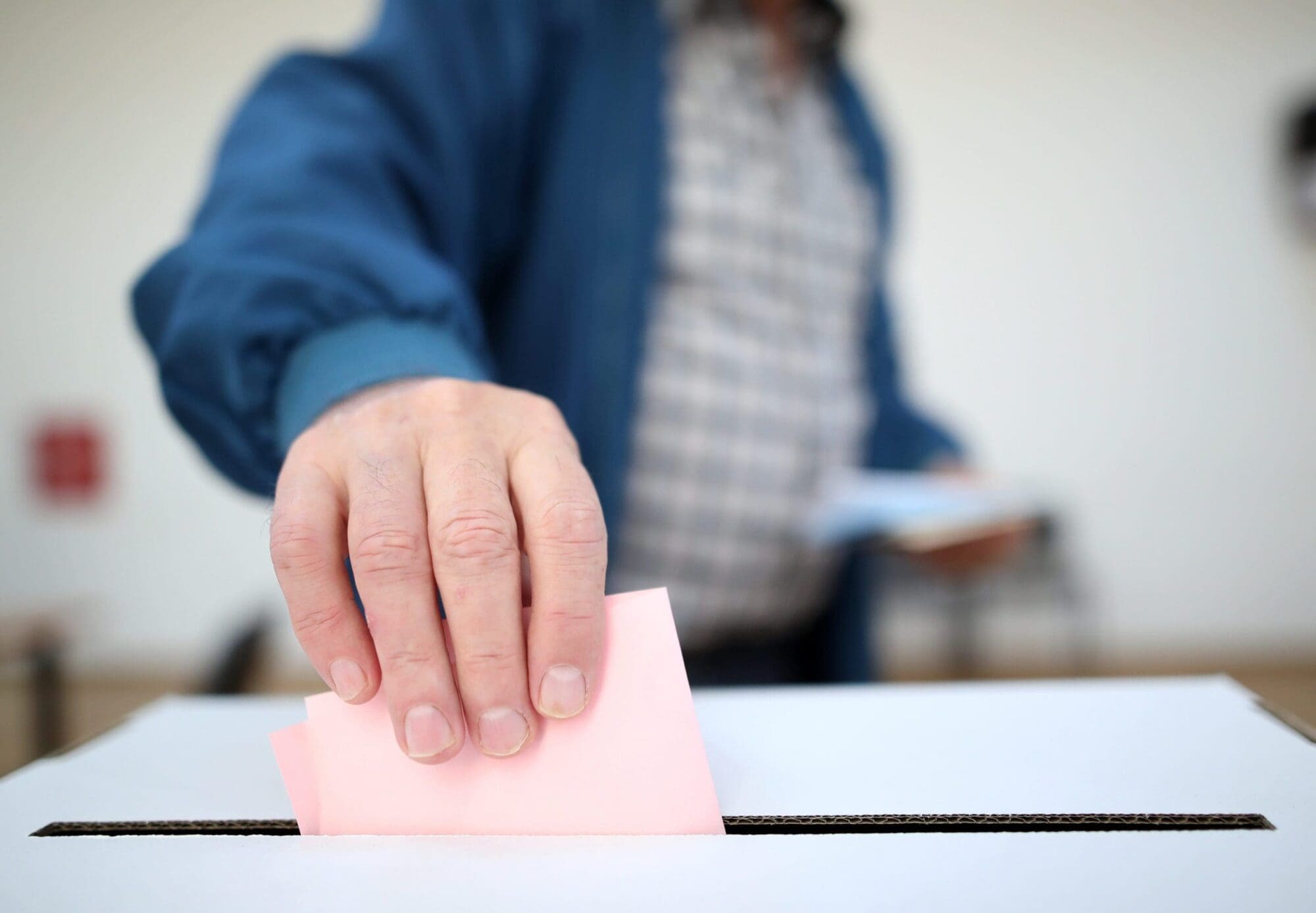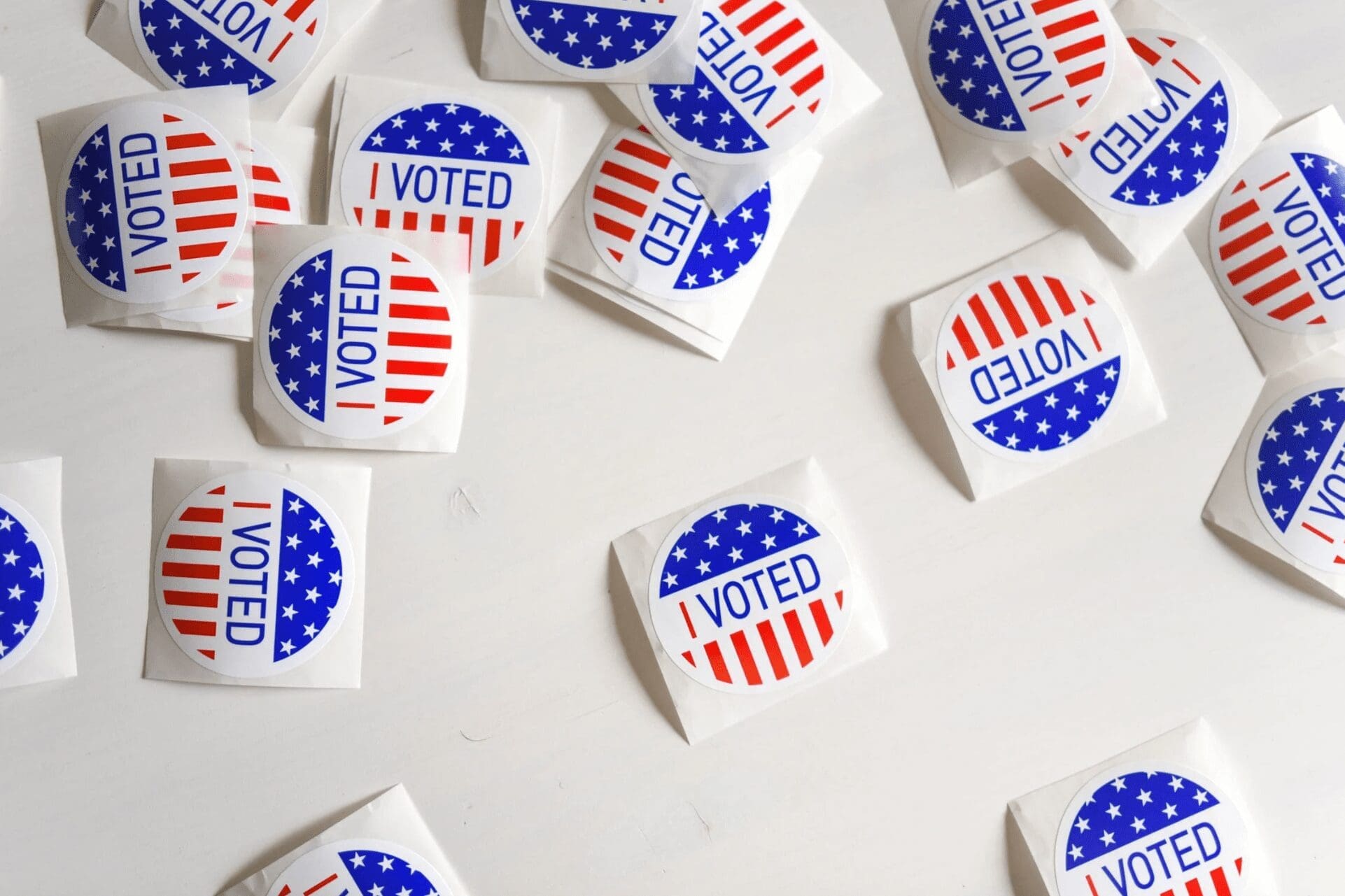This week, Harris County commissioners, at the behest of interim County Clerk Chris Hollins, green-lit spending a whopping $17 million on a slew of last-minute alterations to how the county will handle this year’s election.
Harris, like other Democrat-controlled counties, is rushing to implement questionable and, in some cases, unlawful changes to its election administration, undermining trust and likely disenfranchising voters in the process.
Hollins and his actions are like that of an overzealous substitute teacher. Not content with following the lesson plan (or law), in a frenzy, he’s attempting to alter how the 2020 election is run to potentially disastrous effect.
The eye-popping, multimillion-dollar outlay is already being questioned by one high-profile senator, putting Gov. Greg Abbott and his Secretary of State Ruth Hughes on notice.
On Friday, Texas Election Director Keith Ingram—who works under the Secretary of State—sent a letter to the Hollins, urging an “immediate halt to any plan to send an application for ballot by mail to all registered voters and announce its retraction.”
But it’s not just the massive mail-ballot application scheme that is causing concern.
Rushed
Changes proposed in 2020 for the primary and general elections are ill-advised because they’re hurried, unmeasured, and haven’t been vetted by or codified into law by the people’s elected representatives.
Elections are complicated and fragile. “Fly by the seat of your pants” changes are dangerous, especially in an environment where the media has sewn a considerable amount of discord and distrust in the process.
For these reasons, appellate and supreme courts, in Texas and elsewhere, have turned back unilateral election administration changes.
Most of the energy to upend election administration in 2020 has been spent on expanding mail-in voting.
In addition to being susceptible to fraud, expanded voting by mail has produced widespread errors in 2020. More mail-in ballots were rejected nationwide in primary contests this year than were thrown out in the 2016 general election.
That is a massive amount of irregularity and a leading indicator that the general election will be plagued with allegations, actual fraud, and uncounted votes due to clerical error.
Unlawful
In all of Hollins’ machinations, there’s a distinct tinge of desperation and a disregard for the law.
One of Hollins’ most controversial proposals is to send a mail-in ballot application to every voter on the roll. Texas has limited mail-in balloting, and Democrat efforts to make it universal and circumvent the legislative process have been rejected in court. The courts have ruled that Texas does not have universal voting by mail, yet Hollins is misleading voters and proposing his application mailing.
This hasn’t stopped Hollins and Harris County. Sending applications to everyone on the voter roll is not just illegal, but it will also disenfranchise voters who would otherwise safely vote in person.
Drive-thru voting, another of his “novel” ideas not provided for in Texas election code, could lead to prohibited practices and is of questionable efficacy when it comes to the health and safety of voters and poll workers.
To get to fast-food voting, Hollins may be relying on provisioned curbside voting, which—while allowed in election code—is clearly defined and cannot be expanded.
“Sec. 64.009. VOTER UNABLE TO ENTER POLLING PLACE. (a) If a voter is physically unable to enter the polling place without personal assistance or likelihood of injuring the voter’s health, on the voter’s request, an election officer shall deliver a ballot to the voter at the polling place entrance or curb.”
The legislative intent limiting the use of curbside voting is well established. During the 2019 legislative session, Democrats tried but were unsuccessful in expanding the use of curbside voting.
Sticking with the fast-food-ification of voting, Hollins is pushing what appears to be a California scheme: 24-hour voting. Proposed in Harris and Bexar counties, having a polling place open around the clock is not allowed in Texas law.
“Sec. 41.031. VOTING HOURS. (a) Except as provided by Section 41.033, the polls shall be opened at 7 a.m. for voting and shall be closed at 7 p.m. (b) Voting may not be conducted after the time for closing the polls except as provided by Section 41.032.”
Seems clear. Maybe Democrats will sue on behalf of marginalized vampires who need to vote in the middle of the night. Still, losing court cases hasn’t stopped Hollins and other Democrat officials from running roughshod.
Unending
Expect these and other assaults on Texas elections to continue until well after November.
For instance, at the same time that Harris County is pursuing a vast, unchecked, and unlawful expansion of the number of mail ballots to be sent and processed, they are asking for an extension of time for votes to be accepted and counted.
This is straight out of California, where Democrats have perverted the voting process to manufacture wins by sending, harvesting, and counting mail ballots long after Election Day—not just to eligible voters, but to non-citizens on the voter rolls.
Hollins is overstepping his legal authority, overriding prescriptive practices, and inventing procedures that have been condemned by election integrity advocates and health officials alike, endangering trust in the final result this November and public health in one fell swoop.
The attorney general and Secretary of State have the legal authority to intervene and rein in Hollins in his radical scheme, and they should.
This is a commentary published with the author’s permission. If you wish to submit a commentary to Texas Scorecard, please submit your article to submission@texasscorecard.com.




